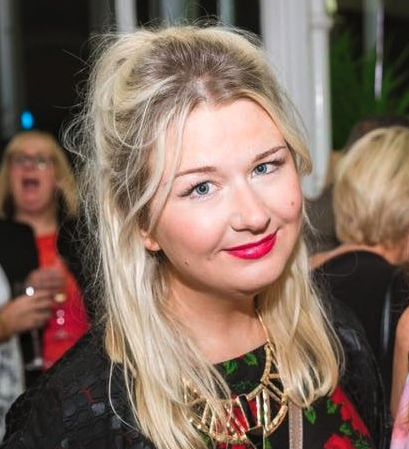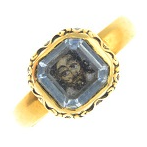The Regicide of Charles I
Wednesday September 23rd 2020
Live webinar
At 2pm, on Tuesday 30 January 1649, King Charles I stepped onto a wooden scaffold outside Whitehall’s Banqueting House, knelt down in front of an audience of thousands and was publicly beheaded as a traitor. From imprisonment and trial to execution and legacy, historian Rebecca Rideal unravels one of the most important events in British history – the regicide of Charles I.

Event details
6pm - Arrive for a prompt 6:05pm start
Tickets
Event Name: The Regicide of Charles I
Event Description: Join us for a live webinar with Rebecca Rideal. Live webinar tickets also include access to the recording. The recording will be hosted on YouTube and will be available for one year. The recording will be sent out by the Monday following the event. Time is British Summer Time (BST), UK.
Event Date: Wednesday 23rd September 2020 - 6:00pm
How to access our talks
LIKE HISTORY? YOU'LL LOVE REBECCA'S BOOK AND PODCAST
1666 was a watershed year for England. The outbreak of the Great Plague, the eruption of the second Dutch War and the Great Fire of London all struck the country in rapid succession and with devastating repercussions.
Shedding light on these dramatic events, historian Rebecca Rideal reveals an unprecedented period of terror and triumph.
An impressively vivid account of an extraordinary piece of England's history. Rideal is particularly good on the great set pieces - the plague, the fire and (especially) the naval battles - which she brings to dramatic life with telling details. (The Times)
In the first part of this two part special, Rebecca Rideal is joined by actor and screenwriter Mark Gatiss to explore the cultural history of crime - from Sherlock Holmes and the birth of forensic science to literary archetypes and Victorian poisoners.
Written and narrated by Rebecca Rideal. Producer/Editor Matt Pearson. Theme music: "Circles" by The Broxton Hundred
More information
Rebecca is a writer, consultant, podcaster, event organiser and historian, specialising in the Stuart dynasty, seventeenth-century England and macabre things.
Before becoming a full-time historian, Rebecca spent nearly a decade working in specialist factual television where she developed and produced a wide range of programming.
Rebecca is the founder and director of HistFest, a history festival that you can find out about here. She hosts the podcast series Killing Time, which you can find out about here, and she also writes for press on topics as varied as early modern women, fiction vs nonfiction, the portrayal of literary figures, the Great Plague and the accuracy of historical drama.
Her first nonfiction book, 1666: Plague, War and Hellfire, was published by John Murray (UK) and St Martin Press (US).
You can find more information about Rebecca on her website and on Twitter.
INTERESTED IN CHARLES I?
In December 2018, Fellows sold a 17th century Stuart crystal memorial portrait ring, depicting Charles I for £4,083.20 (including fees).
The execution of Charles I prompted the emergence of memorial jewellery in Puritan England, with loyal Royalist supporters wearing jewellery set with a secret inscription or image to mourn their deceased king. Memorial jewellery differed from memento mori styles in that it commemorated a particular person.




